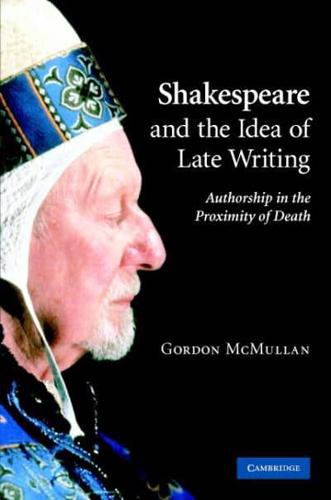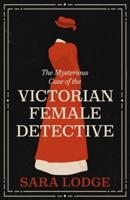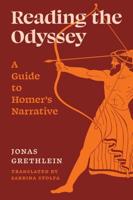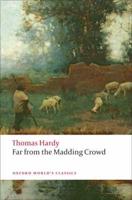Publisher's Synopsis
What do we mean when we speak of the 'late style' of a given writer, artist or composer? And what exactly do we mean by 'late Shakespeare'? Gordon McMullan argues that, far from being a natural phenomenon common to a handful of geniuses in old age or in proximity to death, late style is in fact a critical construct. Taking Shakespeare as his exemplar, he maps the development of the 'discourse of lateness' from the eighteenth century to the present, noting not only the mismatch between that discourse and the actual conditions for authorship in early modern theatre but also its generativity for subsequent projections of creative selfhood. He thus offers the first critique of the idea of late style, which will be of interest not only to literature specialists but also to art historians, musicologists and anyone curious about the relationship of creativity to old age and to death.










